Home Solar Panels
A typical home solar panel system in 2022 costs between £6,000 and £10,000. That includes all of the equipment and installation costs. At the moment, domestic solar panel installations are zero-rated for VAT.
£6,000 to £7,500 will generally get you a standard, average size solar array.
In the £7,500 to £10,000 range, you can expect a larger array and/or more technologically advanced equipment. Often longer product and performance warranties, too.
For example, if there’s a tree in front of your house that casts a shadow on the roof, then you might be recommended shade mitigation technology such as power optimisers or micro-inverters. These are more expensive than a standard solar panel installation.
Obviously you could be quoted more than £10,000, for example for larger solar arrays, more expensive brands, or if the company simply wants to make more profit.
Workplace Solar Panel Systems
If you have a big roof at work, a solar panel array will allow you to generate a significant amount of electricity each day.
This solar electricity can help charge any electric vehicles you have plugged into their charging points in the carpark, as well as power other electrical equiupment, lights, computers, etc., inside the building.
Commercial solar panel installations typically start around £15,000 + VAT for small systems. If you have a big roof – say 50m by 20m – about 500 panels would fit on and the cost might be around £170,000 + VAT.
Commercial solar electricity systems usually have a payback period of 5-7 years and a useful life of at least 25 years.
If you want complete peace of mind as a business, ask your installer to quote for extended warranties on the inverters to 20-25 years. That way you're unlikely to incur any maintenance costs for a couple of decades, except possibly panel cleaning if they get dirty.
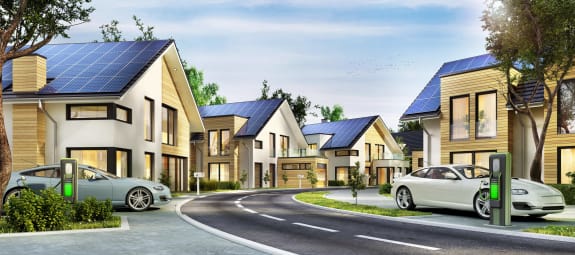
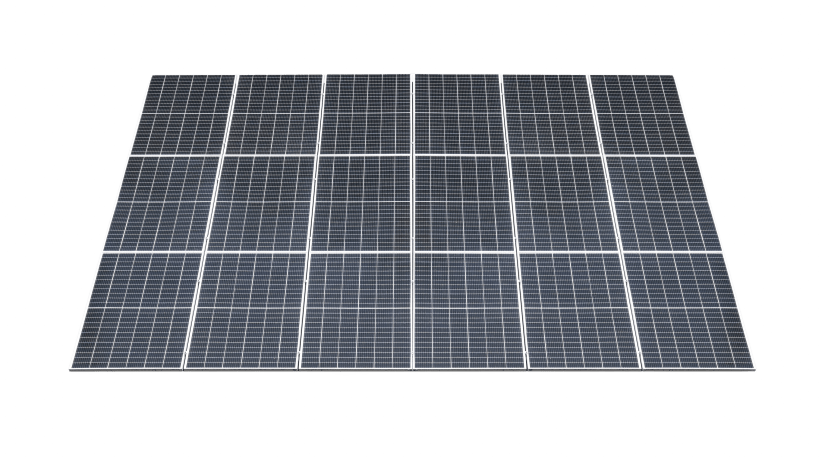
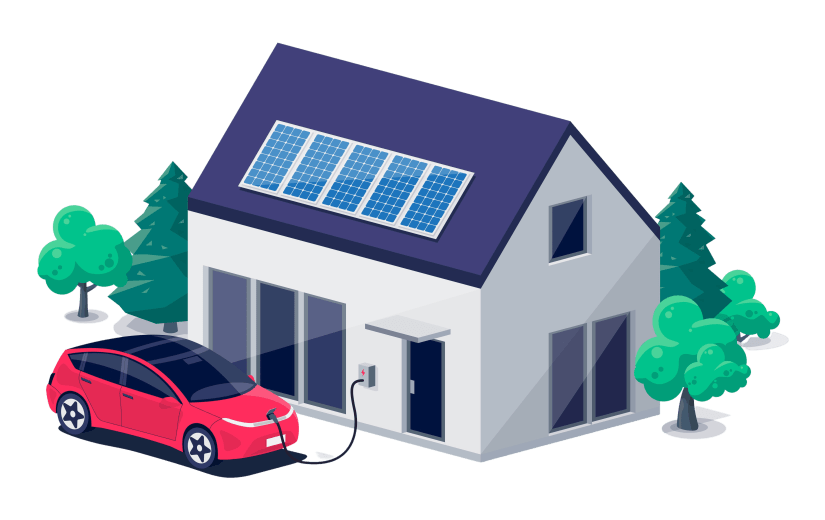

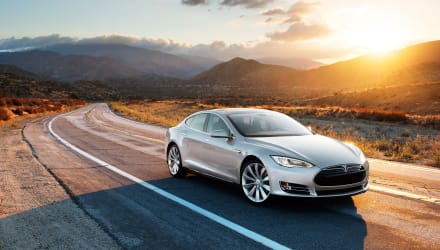
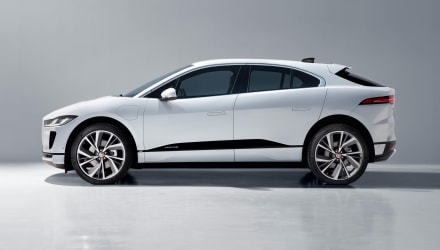
![RWD 4dr Auto [2024]](https://cdn.imagin.studio/getImage?customer=selectcarleasing&angle=1&aspectRatio=1.76&bodySize=4&countryCode=GB&fileType=webp&groundPlaneAdjustment=0.0&make=TESLA&modelFamily=MODEL%203&modelRange=MODEL%203%20SALOON&modelVariant=Saloon&modelYear=2024&paintDescription=Premium%20-%20Ultra%20red&paintId=192185&powerTrain=Electric&transmission=Automatic&trim=default&width=440&zoomLevel=70)
![1.5 TSI eHybrid Match 5dr DSG [2025]](https://cdn.imagin.studio/getImage?customer=selectcarleasing&angle=1&aspectRatio=1.76&bodySize=5&countryCode=GB&fileType=webp&groundPlaneAdjustment=0.0&make=volkswagen&modelFamily=tiguan&modelRange=tiguan&modelVariant=sport%20utility%20vehicle&modelYear=2024&paintDescription=Metallic%20-%20Grenadilla%20black&paintId=178565&powerTrain=hybrid&transmission=Automatic&trim=standard&width=440&zoomLevel=70)
![90kW Evolution Urban Range 40 kWh 5dr Auto [2025]](https://cdn.imagin.studio/getImage?customer=selectcarleasing&angle=1&aspectRatio=1.76&bodySize=5&countryCode=GB&fileType=webp&groundPlaneAdjustment=0.0&make=RENAULT&modelFamily=5&modelRange=5%20E-TECH%20HATCHBACK&modelVariant=Hatchback&modelYear=2025&paintDescription=Additional%20metallic%20-%20Pop%20yellow&paintId=205772&powerTrain=Electric&transmission=Automatic&trim=Evolution&width=440&zoomLevel=70)
![1.5 E-Power E-4orce 213 Acenta Prem 5dr 7 St Auto [2024]](https://cdn.imagin.studio/getImage?customer=selectcarleasing&angle=1&aspectRatio=1.76&bodySize=5&countryCode=GB&fileType=webp&groundPlaneAdjustment=0.0&make=nissan&modelFamily=x-trail&modelRange=x-trail&modelVariant=sport%20utility%20vehicle&modelYear=2022&paintDescription=Metallic%20-%20Electric%20blue&paintId=13867&powerTrain=electric&transmission=Automatic&trim=eu&width=440&zoomLevel=70)

















